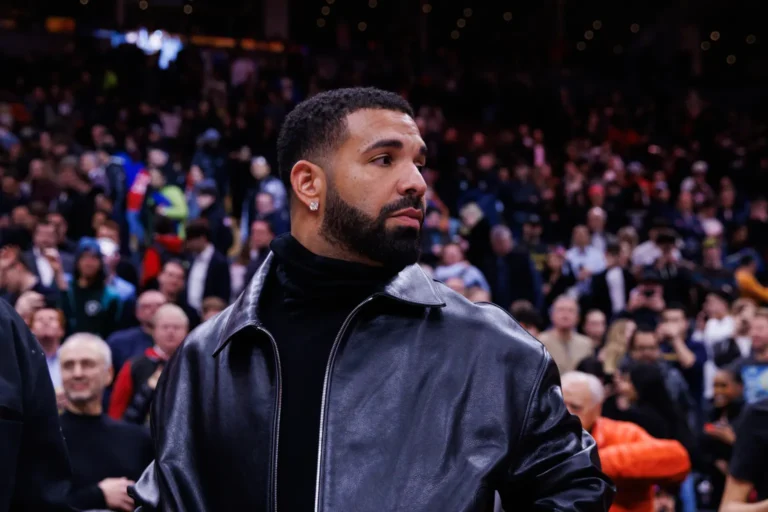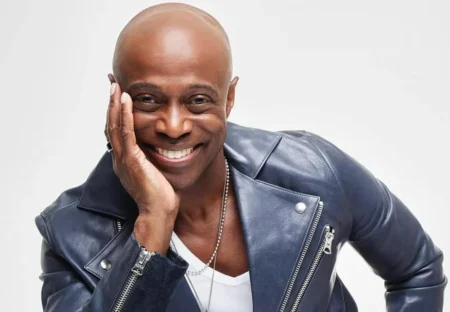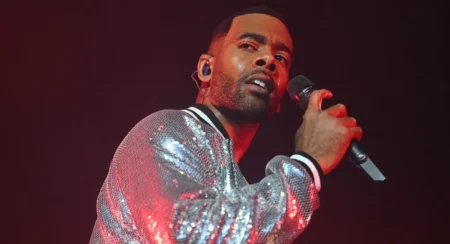Drake isn’t backing down — and now, he’s dragging one of the music industry’s biggest power players into the courtroom spotlight.
On Monday, June 30, the Canadian rap titan’s legal team appeared before a federal judge in Manhattan, urging the court to allow his defamation lawsuit against Universal Music Group (UMG) to proceed.
This hearing may go down as one of the most pivotal legal moments in recent music history — not just because of the big names involved, but because of what’s at stake: artistic freedom, corporate accountability, and the truth behind the lyrics that go viral overnight.
🎯 The Core of Drake’s Case
At the center of this legal storm is Kendrick Lamar’s 2024 chart-dominating diss track “Not Like Us.”
Drake alleges that UMG — the label representing Lamar — not only benefited financially from the record’s massive success, but also promoted and platformed false and damaging claims about him.
According to Drake’s legal team, the song crossed the line from competitive lyricism into malicious defamation, dragging Drake’s name through the mud with unverified and harmful statements.
“UMG is desperate to see this case not move forward because the company can’t hide its misconduct in a courtroom the way it does in the boardroom,” Drake’s spokesperson declared following the hearing.
The message is loud and clear: Drake is ready to challenge the industry giants — and he’s not afraid of the smoke.
🚨 A Fight Bigger Than Just Lyrics
This isn’t just about a single track. Drake’s legal camp is positioning the lawsuit as a broader battle against systemic exploitation in the music industry.
“Soon, in addition to facing concerned regulators and investors, the leadership of music’s most powerful label will have to answer for the damage it has caused to every artist that has been silenced, exploited, endangered or discarded,” his team warned.
That one sentence sent a shockwave across the industry. It suggests Drake is calling out UMG not just for how they handled Not Like Us, but for a pattern of alleged abuse and suppression within their entire business model.
And for many artists—especially those without Drake-level fame or leverage—it’s the kind of statement that hits home.
💥 UMG Under Fire: What the Lawsuit Could Uncover
Drake’s lawsuit could potentially lift the veil on how labels manage diss tracks, artist feuds, and controversial content, especially when it becomes a cash cow.
UMG has so far remained quiet, likely consulting with legal teams behind closed doors. But if the case proceeds to discovery, the public could get a rare glimpse into:
- Internal communications about “Not Like Us”
- Promotion strategies tied to the song’s rollout
- The extent to which UMG executives knew (or influenced) the diss
- Policies on artist disputes and defamation liability
If any of that goes public, the implications could rattle how music labels handle artist feuds forever.
🧨 From Rap Battle to Courtroom Drama
While diss tracks are a staple of hip-hop culture, Drake is drawing a hard line between artistic expression and intentional defamation.
Legal experts note that this could become a precedent-setting case, especially in today’s digital world — where a lyric can trend in seconds and tarnish reputations instantly.
Drake is essentially arguing that even within the “rules of rap battles,” there’s a legal limit — and UMG crossed it.
📣 Social Media Reacts: “Drake Isn’t Playing”
As news of the lawsuit spread, fans and artists flooded social platforms with reactions.
- “Drake suing UMG over a diss track?? He’s really trying to change the game.”
- “If he wins, this changes everything about how beef works in the industry.”
- “He’s not just protecting himself—he’s exposing the system.”
Some supporters believe Drake is doing what many artists wish they could do, but haven’t had the power or platform to pursue. Others see it as a test of whether artists can fight back against billion-dollar corporations and actually win.
🧠 The Bigger Picture: Artists vs. Labels
Drake’s battle with UMG isn’t happening in a vacuum. Over the past few years, multiple stars — from Taylor Swift to Kanye West — have challenged the traditional power dynamics between artists and labels.
This case adds to the growing demand for:
- Transparency in label operations
- Fair contracts and protections for artists
- Limits on how labels can exploit artist conflict for profit
If the court rules in Drake’s favor, labels may be forced to reconsider how they handle public disputes, especially in the high-stakes world of streaming, where drama often equals dollars.
⚖️ What Happens Next?
The judge has not yet ruled on whether the case will move forward, but a second hearing is expected in September 2025. That court date could determine:
- Whether the court sees Kendrick’s lyrics as protected speech or defamation
- How much responsibility UMG bears for the fallout
- Whether Drake’s team will gain access to UMG’s internal communications
The trial could turn into a media spectacle—but more importantly, it may redefine artist rights in the streaming era.
🗣️ Final Thoughts: “It’s About More Than Me”
Drake’s spokesperson summed up the stakes best:
“This is about every artist who’s been silenced. Exploited. Discarded.”
Whether you love or hate Drake’s music, his case could shine a light on how much control the industry wields behind the scenes—and who gets crushed when business takes priority over people.
💬 Sound Off!
Should labels be held accountable for promoting artist beef? Do diss tracks go too far? And is Drake making a bold stand—or setting a dangerous precedent?
Drop your thoughts in the comments below and keep it locked on The Pop Radar (TPR) for exclusive updates on this industry-shaking case!








